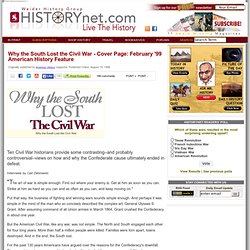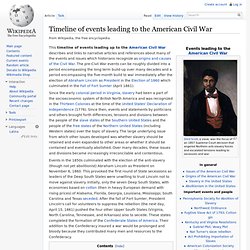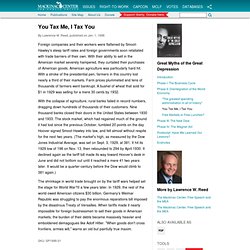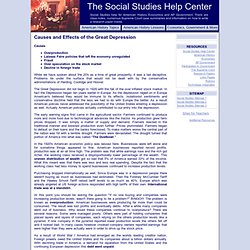

I LOVE IMMY!!!! Xx nd Jess nd Vicky..!!! xxxxx www.formspring.me/1LeraZinchenko 2 PIN 21DA5COF
10 historians - Why the South Lost. Why the South Lost the Civil War Ten Civil War historians provide some contrasting–and probably controversial–views on how and why the Confederate cause ultimately ended in defeat.

Interviews by Carl Zebrowski "The art of war is simple enough. Find out where your enemy is. Get at him as soon as you can. Put that way, the business of fighting and winning wars sounds simple enough. But the American Civil War, like any war, was not simple. For the past 130 years Americans have argued over the reasons for the Confederacy's downfall. –Carl Zebrowski Former editor of Civil War Times Illustrated and author of more than thirty books about the war, including the recent "A Government of Our Own": The Making of the Confederacy. Why did the South lose? Despite the long-held notion that the South had all of the better generals, it really had only one good army commander and that was Lee.
Timeline of events leading to the ACW. This timeline of events leading up to the American Civil War describes and links to narrative articles and references about many of the events and issues which historians recognize as origins and causes of the Civil War.

The pre-Civil War events can be roughly divided into a period encompassing the long term build-up over many decades and a period encompassing the five-month build to war immediately after the election of Abraham Lincoln as President in the Election of 1860 which culminated in the Fall of Fort Sumter (April 1861). Events in the 1850s culminated with the election of the anti-slavery (though not yet abolitionist) Abraham Lincoln as President on November 6, 1860. This provoked the first round of State secessions as leaders of the Deep South States were unwilling to trust Lincoln not to move against slavery. Historian viewpoints[edit] Reed (3.2a): Impact - agriculture, banks. Foreign companies and their workers were flattened by Smoot-Hawley's steep tariff rates and foreign governments soon retaliated with trade barriers of their own.

With their ability to sell in the American market severely hampered, they curtailed their purchases of American goods. American agriculture was particularly hard hit. With a stroke of the presidential pen, farmers in this country lost nearly a third of their markets. Farm prices plummeted and tens of thousands of farmers went bankrupt. A bushel of wheat that sold for $1 in 1929 was selling for a mere 30 cents by 1932. With the collapse of agriculture, rural banks failed in record numbers, dragging down hundreds of thousands of their customers. Weaknesses in the Boom. Causes Overproduction Laissez Faire policies that left the economy unregulated Fraud Over speculation on the stock market Decline in foreign trade While we have spoken about the 20's as a time of great prosperity, it was a tad deceptive.

Problems lie under the surface that would not be dealt with by the conservative administrations of Harding, Coolidge and Hoover. 1831, a monumental year in US history. Divisions within Society. Immediatism From the 1829 publication of David Walker's Appeal onward, the antislavery movement shifted into a more radical phase as some abolitionists demanded immediate emancipation of all slaves rather than merely gradual steps toward future emancipation in the South and free soil in the new western territories.

William Lloyd Garrison sounded the clarion call with his 1831 launch of The Liberator, an antislavery newspaper based out of Boston. Garrison pledged to continue publishing The Liberator until the day that all American slaves were free. He kept his word, but as it turned out, that took 35 years. Garrison had grown up in an impoverished family in Newburyport, Massachusetts, and went on to become a newspaperman's apprentice and then an editor. A Southern Scapegoat Thomas Jefferson, James Madison, Patrick Henry, John Laurens, Arthur Lee, George Mason, and St.
Such relatively liberal positions would have been impossible to embrace for any major southern political leader by 1835. Antebellum Southern Economy.